Seagate FireCuda 510 SSD review: Incredible performance at a sound price
Seagate has created quite the SSD offering for anyone wanting to install Windows on a speedy drive or reduce load times in-game.
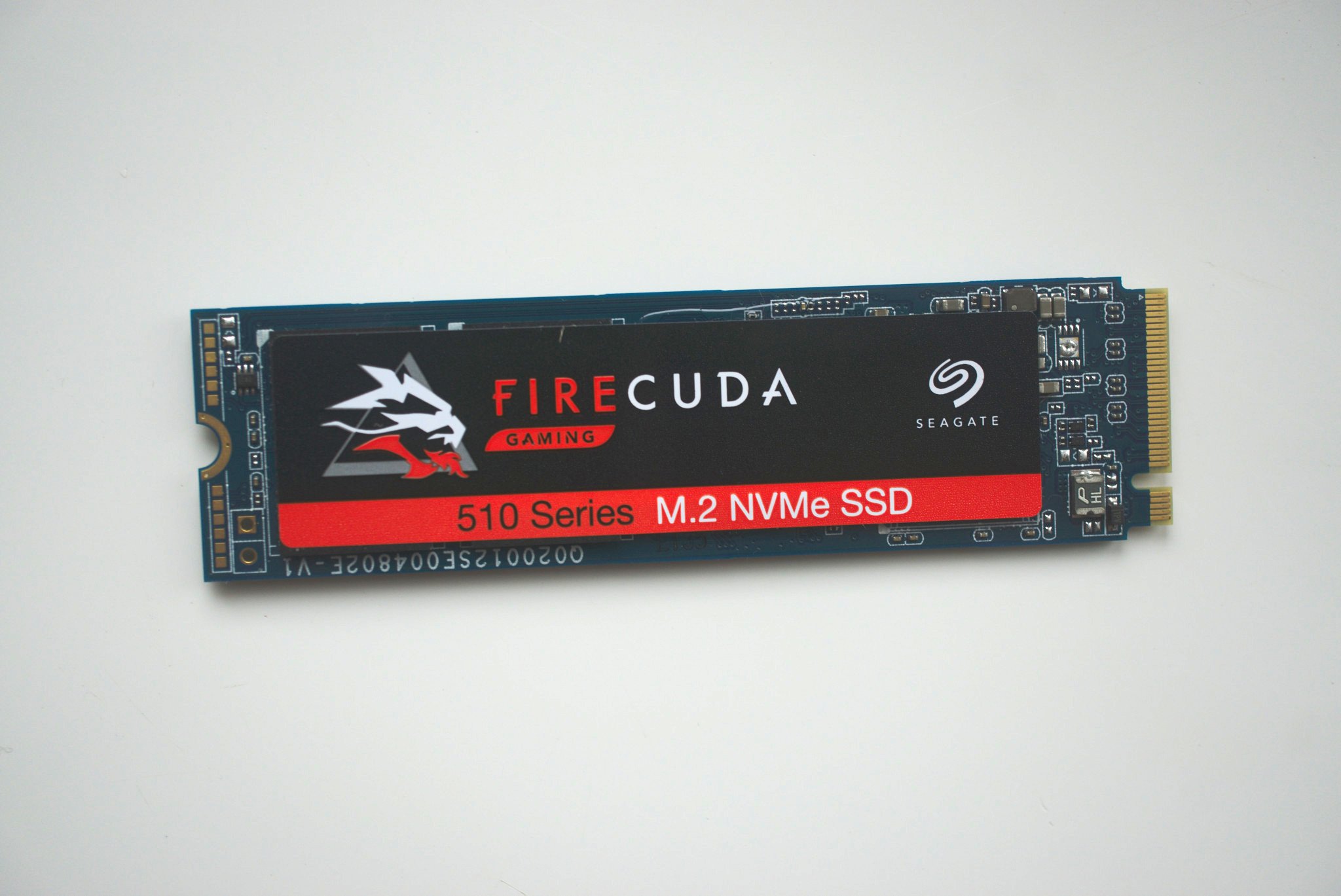
Seagate makes some solid storage solutions, especially if you're looking at mechanical drives for mass storage on your desktop PC or NAS. The company is also pretty good at creating flash drives and the new FireCuda 510 is a superb piece of kit for the price.
The FireCuda 510 looks set to take on Samsung's excellent EVO Plus series of NVMe SSDs and results show it's just as good.

From $250Bottom line: Great value storage with strong performance.
For
- Great value
- Five-year warranty
- Excellent performance
- Stunning endurance
- Good looking PCB
Against
- Limited capacity choice
Seagate FireCuda 510 specifications
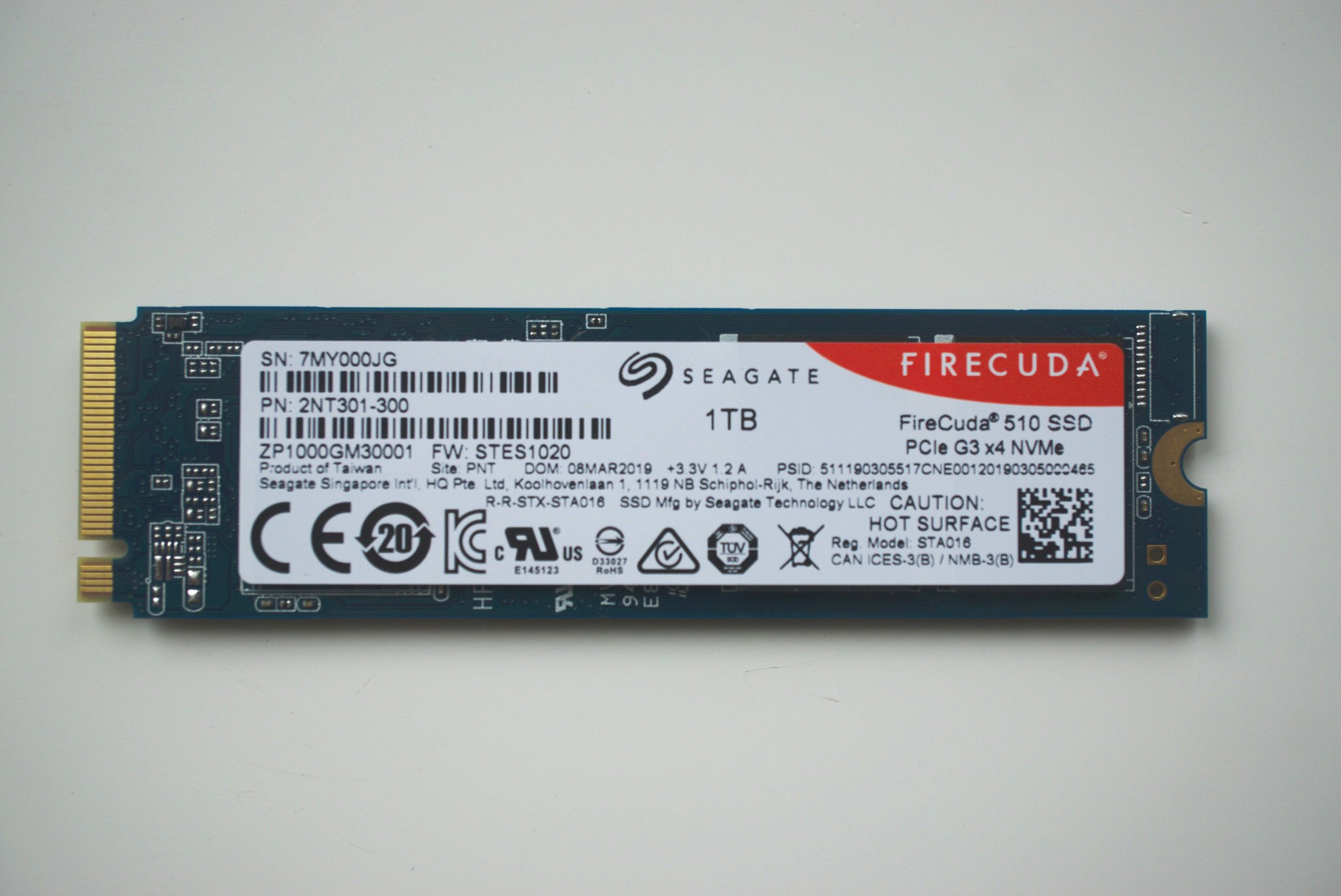
| Category | Spec |
|---|---|
| Capacity | 1TB, 2TB |
| Interface | PCIe Gen 3.0 x4, NVMe 1.3 |
| Sequential read | Up to 3,450 MB/s |
| Sequential write | Up to 3,200 MB/s |
| Random read | Up to 620,000 IOPS |
| Random write | Up to 600,000 IOPS |
| NAND | 3D TLC |
| Warranty | Five years |
| Endurance | 1,300 TBW (1TB)2,600TBW (2TB) |
Seagate FireCuda 510 is a strong performer
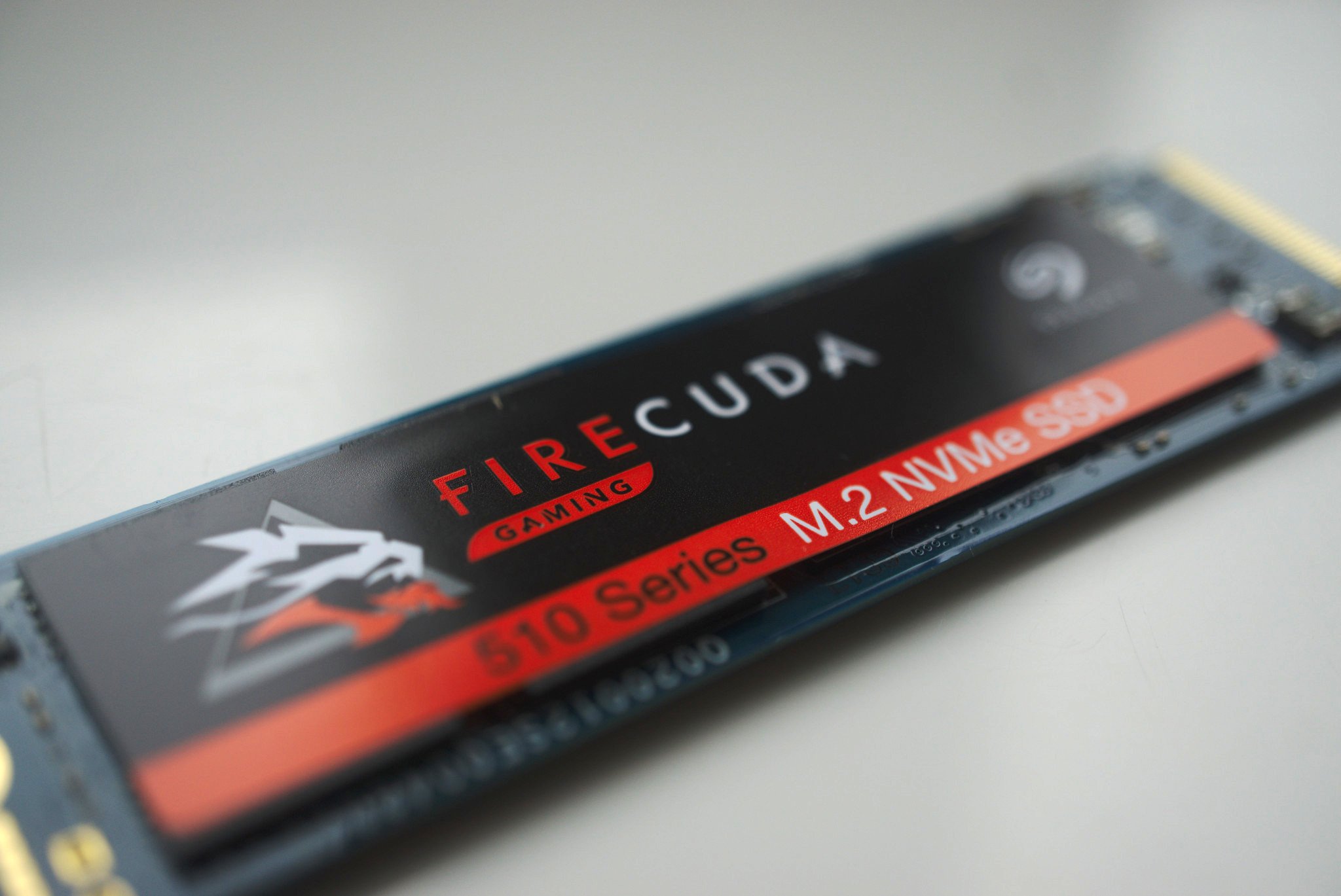
On paper, the new FireCuda 510 has it all. You've got a rated sequential read and write of up to 3,450 MB/s and 3,200 MB/s, respectively, Support for both PCIe 3.0 allows you to rock this speedy storage on most motherboards available today, enjoying everything Seagate has to offer without bottlenecking.
Incredible SSD performance meets great value and enhanced realiability.
What's especially exciting about the FireCuda 510 is the endurance rating. Seagate has worked some magic with these new SSDs, giving the 1TB model a terabytes written (TBW) of 1,300 and 2,600 for the 2TB version. What this means is you can look to write around 1.3 petabytes on the 1TB drive before running into issues. Seeing how Samsung only has around 600 TBW for its 1TB EVO Plus SSD, this is great news for Seagate fans.
Taking a gander at CrystalDiskMark and ATTO Disk benchmark results for the 1TB FireCuda 510, it's clear to see just how good this SSD is. While the SSD (our unit, anyway) didn't perform as well as stated write figures on paper, overall performance was still very good for the price Seagate is asking for the FireCuda 510.
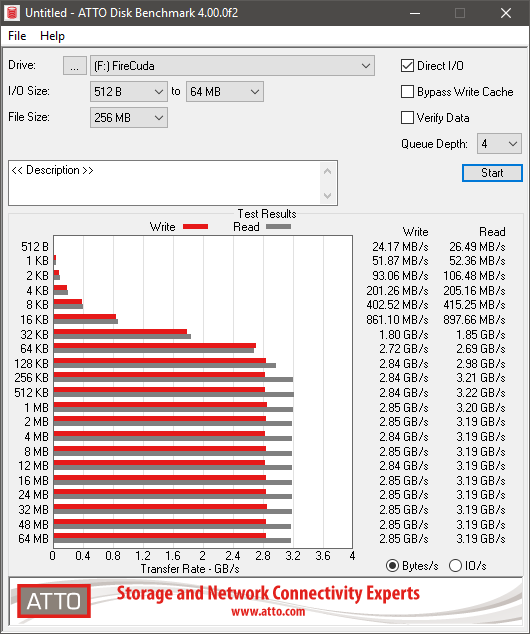
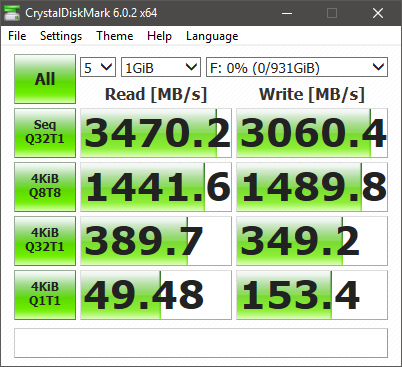
Speeds aren't quite hitting the sequential write figures Seagate boasts in marketing and product listings, but these numbers aren't bad by any means. The random read and writes seen on the left in CrystalDiskMark are stable and promising. ATTO Disk also shows positive results with strong performance in larger files.
Amazing value offered by the Seagate FireCuda 510

What's so striking about the FireCuda is how aggressive Seagate is with the pricing. The 2TB model is priced at $400, which comes in at around $0.20 per GB. You'd usually expect such value to be attached to a sub-par SSD with slower speeds, lower TBW, and worse reliability, but not the FireCuda. This thing rocks and it won't destroy one's budget.
Get the Windows Central Newsletter
All the latest news, reviews, and guides for Windows and Xbox diehards.
Seagate's FireCuda 510 series utilize the company's SeaTools. This software allows you to partition the drive, check the health, update firmware, and more. It's quite the package and makes the drive even more user-friendly to get running.
The only downside to the FireCuda 510 is the lack of storage choice, coming in only 1TB and 2TB variants, and you're stuck with a single size: M.2 2280. If neither of these minor gripes affect you, there's little reason not to buy one.
Should you buy the Seagate FireCuda 510?
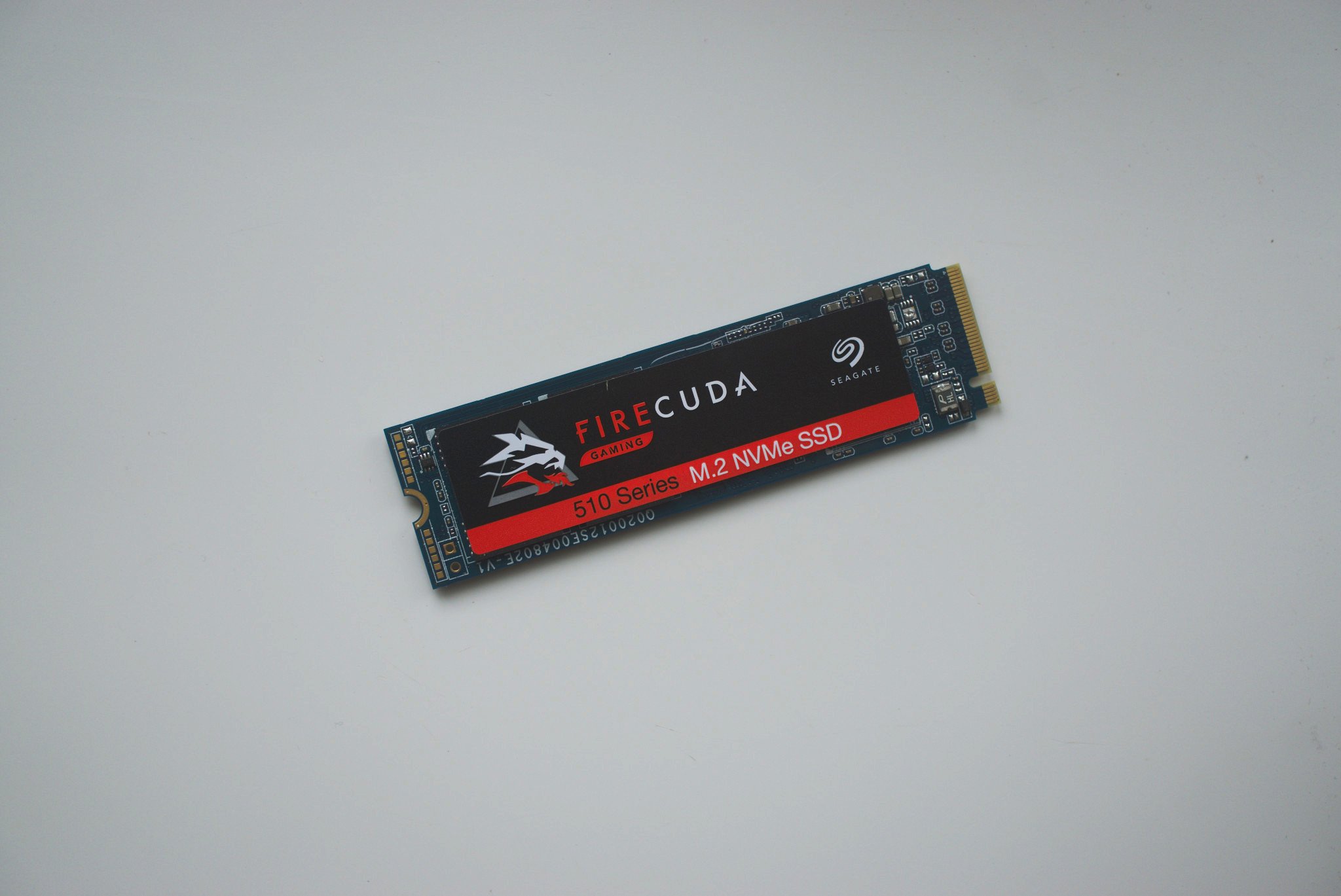
Looking out for a new NVMe SSD? The FireCuda 510 is an excellent choice. Even comparing the drive against the competition leads to Seagate coming out on top. The company offers great value for what you get in return. Solid endurance will mean you can use these drives for many years to come, backed up by the five-year guarantee.
So long as you don't mind the M.2 2280 form factor and limited choice of capacities, this is an SSD you need to shortlist for your next PC upgrade or fresh build.

Rich Edmonds was formerly a Senior Editor of PC hardware at Windows Central, covering everything related to PC components and NAS. He's been involved in technology for more than a decade and knows a thing or two about the magic inside a PC chassis. You can follow him on Twitter at @RichEdmonds.
